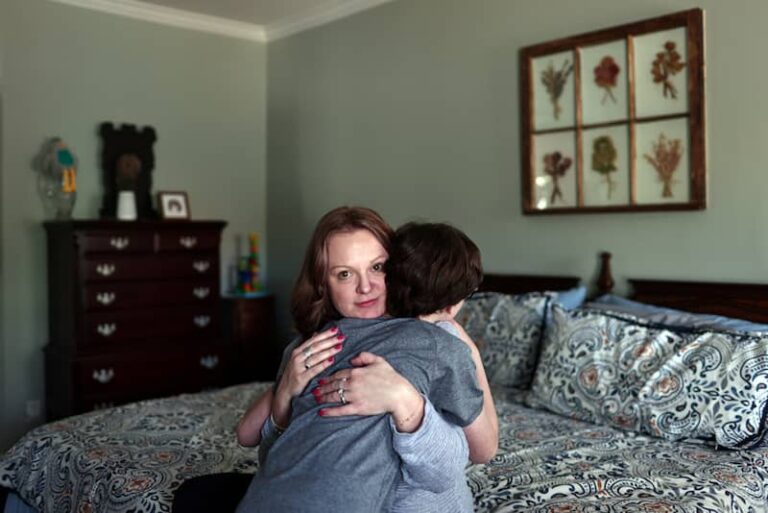Helping a stranger can be more than just a good deed. According to Gallup research company, a culture’s willingness to help others is a strong indicator of positive economic factors, including GDP and long-term unemployment, as well as encouraging greater overall wellbeing.
Gallup surveyed more than 145,000 people across more than 140 countries, asking if they had recently donated money to charity, volunteered for an organisation or helped a stranger in need.
The results, collected in the 2016 Global Civic Engagement Report, were projected to the whole world – currently 7.4 billion people. They suggested that in a given month, 1.4 billion people donate money to charity, almost 1 billion volunteer and 2.2 billion help strangers.
BBC Travel spoke to people living in the five highest-ranking countries to find what motivates them to donate their time and money, and how it affects society there.
Myanmar
A majority of residents answered “yes” to each of the questions about giving, resulting in by far the highest country score in the survey.
A strong Buddhist tradition informs much of the generosity. Hninzi Thet, originally from Yangon, explained how the concept of karma plays a role.
“Any good deed [Buddhists] do will be shored up for their next incarnation and they will have a better life,” she said.
Hninzi Thet said donations of food and money have mostly gone only to monks and monasteries. “Only recently has there been an effort to start donating to orphanages and such in an organised effort,” she said.
USA
Giving in US culture varies, depending whether the area is rural, suburban or urban. Naomi Hattaway, originally from Nebraska and founder of the I Am Triangle international cultural group, has experienced each of them.
“There are so many NGOs and non-profits in the [Washington area], but as you spread to farther suburbs of the area, I would often hear people say that they had no idea how to volunteer, how to get involved or where to engage,” she said.
But in the tiny town of Lucketts in Virginia, she found “the spirit of giving, philanthropy and charitable acts was something that almost seemed mandatory for most residents.”
This trait has been passed down for generations. “My grandparents gave and gave and gave. They never bragged about it but they did tell me the stories, like hosting food and soup lines for many years through the Great Depression and both WWI and WWII,” said Zoe Helene in Massachusetts. “I think they wanted me to know that compassion for others was essential to character and that people need to take care of each other, otherwise civilisation falls apart.”
Australia
Giving everyone “a fair go” is a core part of Australian culture. “In other words, the chance to succeed on the same terms, without disadvantage, as others,” said Erik Stuebe, from a small town in New South Wales.
Melbourne in particular has a strong community spirit, and often holds events that contribute millions to local and worldwide causes. Some go global, like the Movember Foundation, which started there in 2003.
Crisis also brings out extreme generosity. When a tsunami hit in Indonesia in 2004, Australians donated $42 million from a population of less than 20 million.
In 2009, when bushfires cost many lives and homes, “Melbournians overwhelmed the system with donations of time, money, clothes, offers of shelter and messages of support,” Stuebe said. “I think Australians give whatever is needed, generously and to the limit of their ability.”
New Zealand
Kiwis have a long tradition of taking care of their neighbours. “There is a feeling sometimes that everyone knows each other or has ‘two degrees of separation’, so there is a duty to look out for each other,” said Katherine Shanahan, originally from Wellington.
The 2011 Christchurch earthquake, which killed hundreds and injured thousands, also revitalised the nation’s giving spirit.
“When I visited Christchurch five years after the earthquake, it was evident that the city was still finding it hard to get back on its feet. I was surprised to come across these ‘All Right?’ billboards,” said Shanahan. “I thought it was an interesting advertisement that was simple and sincere. Not trying to sell you anything but to just remind people to give each other a helping hand every now and then.”
Sri Lanka
Giving in Sri Lanka is also strongly informed by religion. “Most Sri Lankans are Buddhist and Hindus, and both religions endorse charity and sharing,” said Mahinthan So, who lives in Colombo.
A willingness to help is particularly evident in the southernmost city of Matara. “There is a saying in Sri Lanka, that says ‘No matter where you go in the island, in case of a need, you will always find a fellow from Matara and they’ll definitely be happy to help,’” said Supun Budhajeewa, from the city. “We have that feeling of belonging deep inside us.”
HOW COUNTRIES GIVE, ACCORDING TO GALLUP
Most likely to donate money
Myanmar
Indonesia
Australia
Malta
New Zealand
Most likely to volunteer
Turkmenistan
Myanmar
Indonesia
Sri Lanka
United States
Most likely to help a stranger
Libya
Somalia
Malawi
Botswana
United States







